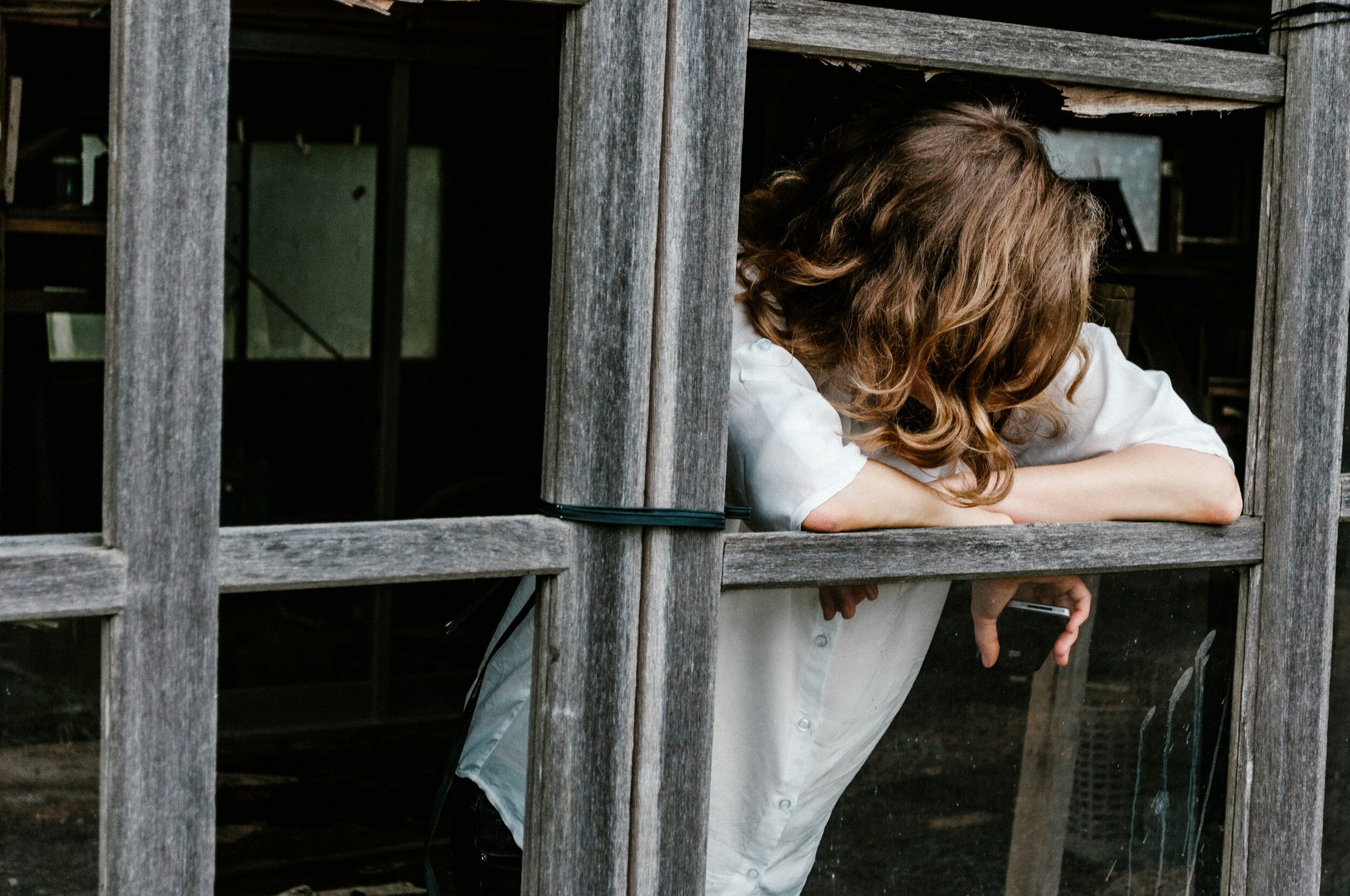Is This Relationship Anxiety or a Gut Feeling: Help From a Therapist in Bel Air, MD
Hey! It's your favorite therapist in Bel Air, MD, back with more relatable topics to help you improve the relationships in your life! Today, I want to discuss relationship anxiety. This is an issue I specialize in when treating my clients. I hear often that people find it difficult to tell if they have relationship anxiety or gut feelings that are trying to get them to open their eyes and see the issues in front of them. This blog will outline the difference between your intuition and relationship anxiety.
What is Relationship Anxiety?
Relationship anxiety is a common concern that many individuals grapple with in their interpersonal connections. It often manifests as persistent worry or fear regarding the stability of a relationship, fear of abandonment, or doubts about one's worth within the relationship. For instance, you might find yourself constantly questioning your partner's feelings or worrying about the future of your relationship.
Trusting Your Gut Feeling
On the other hand, gut feelings, or intuition, are those subtle nudges from within that guide us in our decision-making processes. Unlike relationship anxiety, gut feelings are often characterized by a sense of inner knowing or an instinctive response to a situation. For example, you might have a gut feeling that something isn't quite right in your relationship, prompting you to pause and reflect on your feelings.
What are Relationship Anxiety Symptoms?
Understanding the signs and symptoms of both relationship anxiety and gut feelings can help you differentiate between the two. Relationship anxiety may be accompanied by physical symptoms such as racing heart, sweaty palms, or tense muscles, whereas gut feelings often manifest as a sense of unease or discomfort in certain situations.
Explore the Cause of Your Uncomfortable Feelings?
Exploring the source of your unease in a relationship can provide valuable insights into whether you're experiencing relationship anxiety or responding to gut feelings. Take time to reflect on specific triggers or patterns of behavior that contribute to your discomfort. Are your concerns rooted in past experiences, insecurities, or communication issues within the relationship?
By delving deeper into these feelings and examining the underlying factors, you can gain clarity on whether your unease stems from relationship anxiety, which often involves fear and doubt, or from genuine intuitive cues that prompt you to address potential issues in the relationship. Trusting your instincts and seeking support from a therapist can further aid in navigating these emotions and making informed decisions about your relationship.
Coping Skills That Can Help With Relationship Anxiety
If you find yourself struggling with relationship anxiety, there are several coping strategies you can employ to manage your anxious thoughts and behaviors. Here are some coping strategies that can help when experiencing relationship anxiety:
Mindfulness and Relaxation Techniques: Practice deep breathing, meditation, or progressive muscle relaxation to calm your mind and body during moments of anxiety.
Open Communication: Talk to your partner about your feelings in a calm and non-confrontational manner. Expressing your concerns openly can help alleviate anxiety and strengthen your bond.
Set Boundaries: Establish clear boundaries in your relationship to ensure that your needs and boundaries are respected. Boundaries can help reduce feelings of anxiety and promote a sense of security.
Challenge Negative Thoughts: Identify and challenge negative thoughts or irrational beliefs that contribute to your anxiety. Replace them with more rational and positive perspectives.
Seek Professional Help From a Therapist in Bel Air, MD: Consider seeking support from a therapist who specializes in treating relationship anxiety. Therapy can provide you with coping strategies, tools, and insights to manage your anxiety effectively.
Practice Acceptance: Accept that uncertainty is a natural part of relationships and life in general. Embrace the idea that you cannot control everything and focus on what you can control, such as your own thoughts and actions.
Focus on the Present Moment: Practice mindfulness and focus on the present moment rather than worrying about the future or dwelling on past experiences.
Self-Reflection: Take time to reflect on your triggers, patterns of behavior, and underlying emotions. Self-reflection can help you gain insight into your anxiety and identify areas for personal growth.
Build a Support Network: Surround yourself with supportive friends, family members, or a support group who can offer encouragement, perspective, and validation during times of anxiety.
Remember that coping strategies may vary for each individual, so it's essential to find what works best for you and to be patient and compassionate with yourself as you navigate through relationship anxiety.
Embracing Self-Care
Remember, prioritizing self-care is essential in managing relationship anxiety and fostering healthy relationships. Take time for yourself, engage in activities that bring you joy, and seek support from friends, family, or a therapist when needed. By taking care of your emotional well-being, you'll be better equipped to navigate the complexities of relationships with confidence and clarity.
It Can Difficult to Navigate the Complexities of Relationships Alone!
In conclusion, understanding the differences between relationship anxiety and gut feelings can empower you to make informed decisions and cultivate healthier relationships. If you find yourself struggling with relationship anxiety, don't hesitate to reach out for support. Therapy can provide you with the tools and resources you need to navigate your emotions and build stronger, more fulfilling connections. Remember, you deserve to feel supported and valued in your relationships, and therapy can help you achieve that.
Looking For Anxiety Treatment From a Therapist in Bel Air, MD?
If you're in Bel Air, MD, and you're ready to explore therapy for relationship anxiety or other concerns, don't hesitate to reach out. I'm here to support you on your journey towards healthier, more fulfilling relationships. Schedule your appointment today and take the first step towards emotional well-being and personal growth. You don't have to navigate this journey alone. Let's work together to help you thrive in your relationships and in life.




